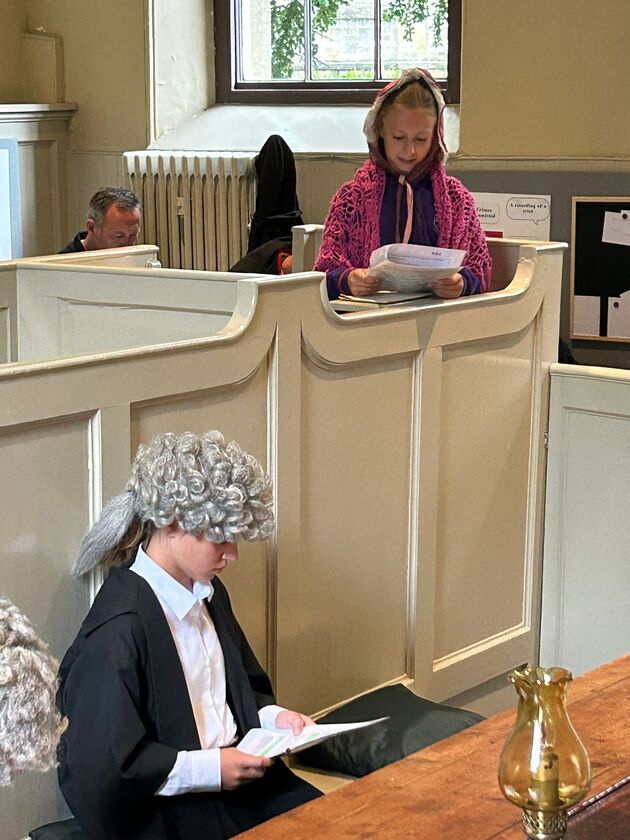History
At Marton-cum-Grafton Primary School, we aim to help pupils to gain a coherent knowledge and understanding of Britain’s past and that of the wider world; ensuring the progressive development of historical concepts, knowledge and skills; and for the children to develop a love for history. Furthermore, we aim to inspire in pupils a curiosity and fascination about history that will remain with them for the rest of their lives, equipping them to ask perceptive questions, think critically, weigh evidence, sift arguments and develop perspective and judgement. (The 2014 Primary National Curriculum in England).
Teaching of History at Elevate Trust schools is based on the aims and purposes outlined in the National Curriculum and has fidelity to the historical academic discipline.
Our curriculum is guided by the following academic fingerprint:
Children will:
- Have secure knowledge and understanding of the past, on a local, national and global scale.
- Have a coherent chronological understanding, be able to analyse sources and weigh evidence, and confidently enquire and ask perceptive questions about the past.
- Become confident in their understanding of key historical concepts (disciplinary knowledge), including continuity and change, cause and consequence, similarity, difference, sources and evidence, interpretation, and significance.
- Use their knowledge and understanding to make connections, create historically valid questions, and create structured accounts, including, but not limited to, written responses.
- Grow in their curiosity and enthusiasm about the past and use this to understand the diversity of different cultures and societies, as well as their own identities.
We have carefully designed a knowledge-rich curriculum, underpinned by a progression of skills. Wherever possible, knowledge has been organised chronologically, to allow children to develop a clear chronological understanding of the past. The knowledge and skills build incrementally so that by the end of Key Stage 2 children can know, understand and apply the subject content taught, and be fully prepared for their secondary school History learning.
EYFS
The Early Years Foundation Stage Curriculum supports children’s understanding of History through the planning and teaching of ‘Understanding the World’. This aspect is about how children find out about past and present events in their own lives, their families and other people they know. Children are encouraged to develop a sense of change over time and are given opportunities to differentiate between past and present by observing routines throughout the day, growing plants, observing the passing of seasons and time and looking at photographs of their life and of others. Practitioners encourage investigative behaviour and raise questions such as, ‘What do you think?', ‘Tell me more about?', 'What will happen if..?', ‘What else could we try?', ‘What could it be used for?' and ‘How might it work?' Use of language relating to time is used in daily routines and conversations with children for example, ‘yesterday', ‘old', ‘past', ‘now' and ‘then'.



